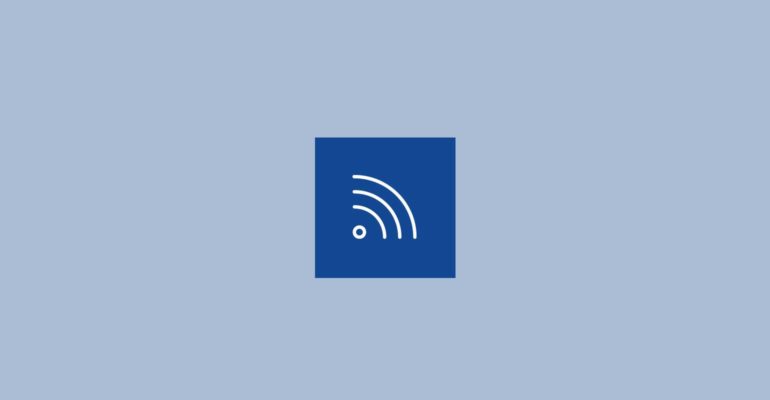IFIF has a strong collaborative relationship with the FAO and supports the FAO-led Multi-stakeholder Feed Safety Partnership.
Jun 1, 2016
IFIF is strongly engaged in capacity development efforts and has a strong collaborative relationship with the Food and Agriculture Organization of the United Nations (FAO), including supporting the FAO-led Multi-stakeholder Feed Safety Partnership.
For an overview of the FAO Multi-stakeholder Feed Safety Partnership and IFIF’s support view the FAO-produced video here: https://www.youtube.com/watch?v=JFt94K8IuU8.
The rapidly growing population along with increased urbanization and income is expected to rise the consumption of animal products by 70% in 2050. The challenge is not only to meet the growing demand for feed, but to ensure its safety.
Animal feed safety impacts on animal health, welfare and productivity as well as the safety of the human food supply and the livelihood of farmers. Safe feed helps to reduced production costs, maintains or increases food quality and reduces food losses and wastes. Feed is an integral part of the food chain and its safety has been recognized as a shared value and a shared responsibility. Feed production must therefore be subject, in a similar manner as food production, to the quality assurance of integrated food safety systems.
The role of animal feed in the production of safe food is recognized worldwide, and several critical incidents have underlined its impact on public and animal health, feed and food trade, and food security. Work on the application of the risk analysis framework provided by Codex in the field of animal feeding has facilitated the further understanding of the role of animal feed safety on public health and of the importance of risk-based measures to prevent and control hazards. Hazards may be introduced with source materials or via carryover or contamination of products during handling, storage and transportation.
In many countries adequate know-how and sufficient awareness are lacking to ensure feed safety among all operators along the whole value chain. Even where more knowledge is available and control systems are in place, new and unconventional feed ingredients are entering the production chain e.g. agro-industrial by-products (such as the ones of the biofuel industry), insects, food processing by-products, food wastes, etc., and with them, possibly new safety risks. Moreover, many countries still lack feed regulatory frameworks and fail to implement feed regulations harmonised with the Codex Alimentarius and other international standards.
Feed safety cannot be attained by one single action or by an individual player. Coordinated efforts of intergovernmental organizations, governmental authorities, academia, farmers, producers and the private sector and the civil society as a whole are essential for the implementation of a safe and sustainable feed- and food chain.
For this reason FAO is launching a multi-stakeholder partnership to strengthen the capacities of relevant stakeholders to produce and supply safe animal feed and to contribute to enhanced food safety, animal health and welfare and food security. A partnership to share best practices and risk-based measures, to prevent and control hazards in feed, to strengthen and develop capacities of all operators along the value chain, to support smallholders in reducing health risks for their animals and in reducing feed and food losses, and to create and share scientific knowledge on new feed and technologies.
All stakeholders interested to contribute with financial or in kind (e.g. expertise) resources can join the partnership (e.g. intergovernmental organizations, governmental authorities, academia, farmers, producers and the private sector and the civil society) by sending us a manifestation of interest. Participation is on a voluntary basis with members determining the nature and extent of their contributions. The activities and projects of the partnership should address the needs of target groups on an international, regional or national level. They may be identified, proposed, developed, implemented and or funded individually by members of the partnership or in any collaborative combination. As an interested member, you are welcome to submit your proposals of activities/projects here.
If interested in receiving detailed information and the full partnership documentation, please contact the FAO directly at feed-safety@fao.org or visit: http://www.fao.org/ag/againfo/home/en/news_archive/2016_Call_FAO_Multi-stakeholder_Feed_Safety_Partnership.html.

